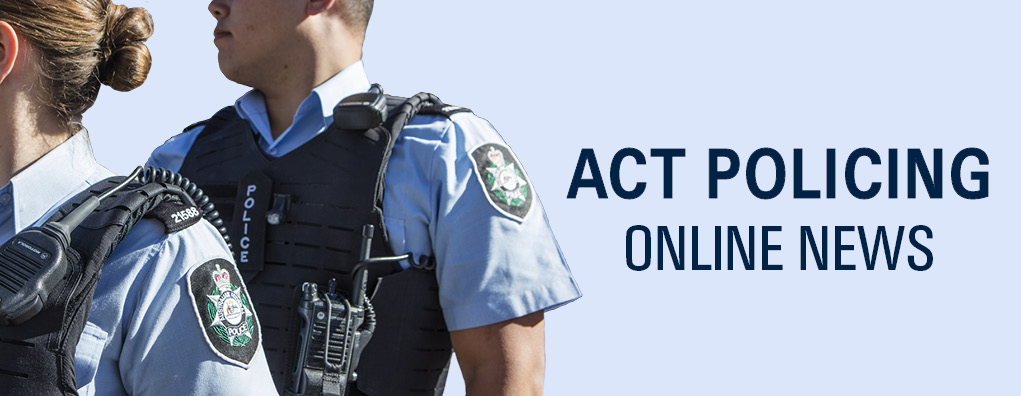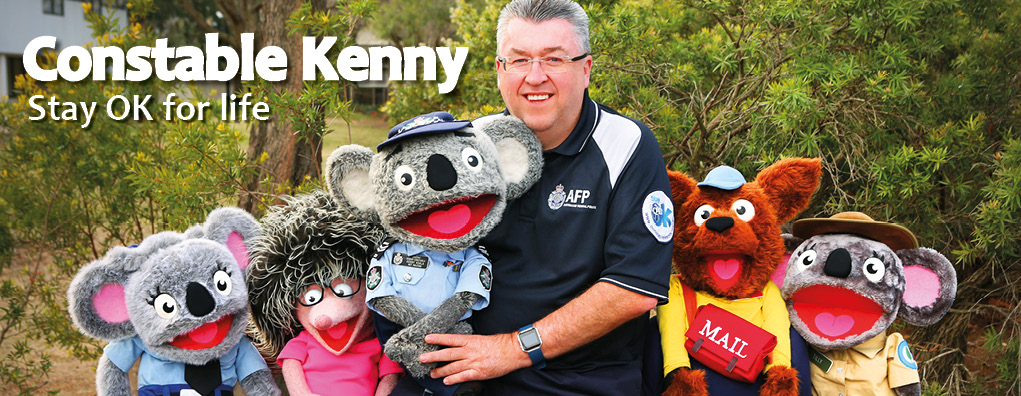Types of licences
Access all firearms forms on the Firearms Forms page.
On this page:
- Interstate and international licences
- Permits to acquire firearms
- Firearm licence for juniors (12-18 years of age)
- Firearms collectors
- Firearms as heirlooms
- Category H firearms
Interstate and international licences
Interstate licence holders
An interstate resident who comes to the ACT to participate in a shooting competition approved by the registrar must be the holder of an equivalent licence in his or her state or territory for the category of the firearm being used.
International licence holders
International hunters and shooting competitors, such as clay target shooters, must be authorised by either an ACT permit or a permit issued by another Australian jurisdiction to possess and use the type of firearm which they are licensed to possess under the law of the country in which they ordinarily reside.
International competitors in Australia are subject to the same requirements as Australian competitors in relation to the safe keeping of firearms and ammunition.
Permits to acquire firearms
To acquire a firearm you will need a firearms licence and a permit for each firearm you intend to acquire. The registrar must be satisfied on reasonable grounds that the acquirer has a good reason for acquiring the firearm. The firearms registrar cannot issue a permit to acquire a firearm until 29 days after the date of application. Purchasers then have a further 30 days to make their purchase through a firearms dealer or a club armourer (transfers between club members only).
Firearm permits
The firearms registrar may issue permits for:
- shortening or conversion of firearms
- collecting ammunition
- selling or transferring of firearms in certain circumstances
- the possession of firearms in ‘other circumstances’ provided for in the regulations, including film or theatrical productions.
The requirements for a firearm permit are similar to the requirements for a firearms licence. A permit is valid for up to two years, depending on the circumstances prescribed by regulations.
Category B firearms
Applicants who satisfy the firearms registrar that a category A firearms licence will not carry out the job required, are able to apply for a category B firearms licence.
Category C firearms
The following groups may apply for category C firearms:
- Primary producers who show a special need for a category C firearm where category A or B firearms will not do the job required.
- Members of a club affiliated with the Australian Clay Target Association Incorporated (ACTA), who at 15 November 1996, possessed a semi automatic or pump action shotgun for use in clay target competition, or in the case of a new applicant, can demonstrate a physical need for a category C firearm in order to compete in clay target events, and has the written support of an officer of an ACTA affiliated club. There are other specific requirements with which prospective members should acquaint themselves. Further information is available from the Firearms Registry.
- Collectors who possess a firearm collectors licence and who intend to include a category C firearm in their collection. Any category C firearms in the collection must be rendered permanently inoperable.
Category D firearms
These are available to collectors who possess a firearm collectors licence and who intend to include a category D firearm in their collection (any category D firearms in the collection must be rendered permanently inoperable), or persons authorised by the Attorney-General of Australia.
Firearm licence for juniors (12-18 years of age)
Juniors between 12 and 18 years of age may apply for a minors firearms licence after they complete an approved firearms training course for the licence and must be a member of an approved shooting club. Licences can be applied for:
- training
- target shooting
- competition shooting
The application must include the written agreement of the applicant’s parent or guardian. The parent or guardian must be a firearms licence holder endorsed with Target Shooting.
Minors firearms licence expires on the licence holder’s 18th birthday.
Firearms collectors
The following conditions apply to a collectors firearms licence:
- The collector must belong to a club or association approved by the firearms registrar.
- The collection must be of a significant commemorative, historical, thematic or investment value.
- A firearm manufactured on or after 1 January 1900 must be rendered temporarily incapable of being fired by removal of the bolt, firing pin or the use of a trigger lock (bolts/firing pins are to be stored separately) except for any category C or D firearms in the collection, which must be rendered permanently inoperable.
- A licensee must not possess any ammunition for firearms under their Collector’s licence, unless the person is in possession of a permit to have that ammunition as an "ammunition collector", or is in possession of a permit for a genuine reason other than collection.
- A licensee must not restore any firearm in the collection to a state in which the firearm can be fired.
- A licensee is not permitted to discharge a firearm that is part of a collection, unless authorised by the firearms registrar by the issuing of a special permit for artistic or other purposes eg; film production.
A firearm collectors licence is valid for five years.
Firearms as heirlooms
If the owner of a firearm that has been acquired as an heirloom is unable to establish a genuine reasons for having a firearms licence, or if the firearm is part of a collection, that person is entitled to apply for an heirlooms licence.
The following conditions apply:
- Evidence must be provided that the firearm is an heirloom. This includes age, how long it has been in the applicant’s possession and how it was obtained.
- Applications can only be made for a single firearm or a matched pair of firearms. All firearms owned under this licence must be made permanently inoperable.
An heirlooms licence is valid for five years.
For more information see the Firearms Act 1996, section 68 Heirlooms licence.
Category H firearms
To apply for a category H firearms (pistols) licence you will need to establish genuine reasons for owning a pistol.
These include:
- sport or target shooting
- business or employment
- firearms collection.
You must also satisfy the firearms registrar that you meet the special need conditions for Category H firearms.






